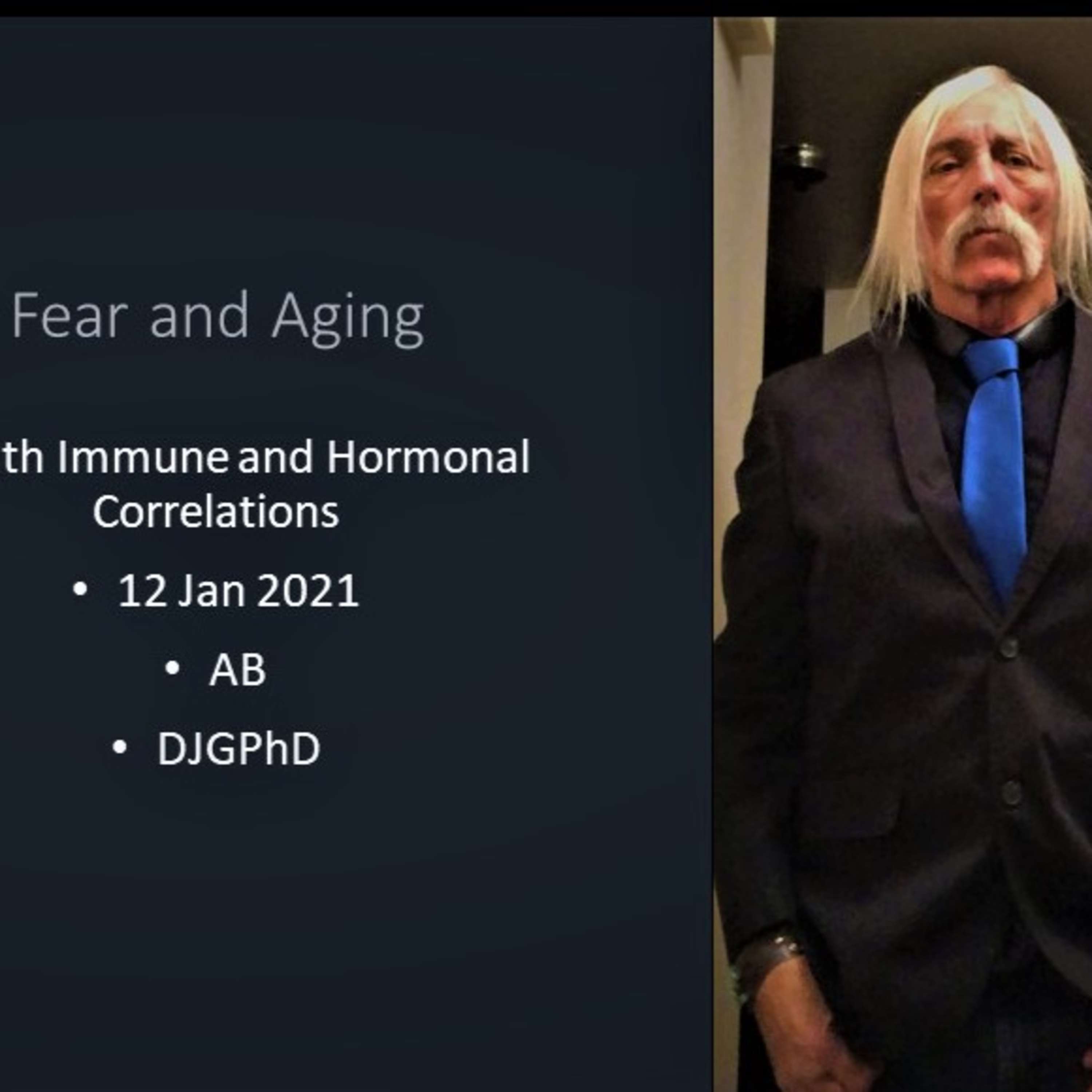Fear and Aging associated with neuronal conditioning and synaptogenesis via corticotropin releasing hormone. Dr. Dan Guerra; Authentic Biochemistry 13 JAN 2021
- Author
- Dr Daniel J. Guerra
- Published
- Wed 13 Jan 2021
- Episode Link
- https://podcasters.spotify.com/pod/show/dr-daniel-j-guerra/episodes/Fear-and-Aging-associated-with-neuronal-conditioning-and-synaptogenesis-via-corticotropin-releasing-hormone--Dr--Dan-Guerra-Authentic-Biochemistry-13-JAN-2021-eou2ak
•Intensive and chronic or excessive stress diminishes intellectual performance and general cognition: this is a form of negative reinforcement and can be related to learning disability and anxiety about future events. Indeed, •Individual responses and the magnitude of stressor as well as its association with self identity and goals will influence endurance, resilience, and self-empowerment vs. dissatisfaction and defeat.
•Stresses first become recognized in the developing fetus since the fetal brain attains awareness during the first trimester and maternal stress is well established as an epigenetic mechanism involved in fetal neural development and stress is lifelong , contributing to one’s character and ability to overcome fear and anxiety.
•Stress response is an element of the hypothalamic-pituitary-adrenocortical (HPA) axis where Corticotropin-releasing factor (CRF) serves as a gate keeper for fear conditioning playing dual roles as hormone and as neuromodulator.
•CRH exerts multiple effects on the adult brain, often spatiotemporal, as shown by secretion site-specific responses in that CRH after binding to its GPCR's: CRHR1 and CRHR2 which subsequently regulates the formation of neuronal dendrites; neurite elongation, synaptogenesis, and circuit integration of adult-born neurons thus organizing and modifying excitatory transmission in a neuronal type-specific manner
Transl Psychiatry. 2019; 9: 272.
Cell Reports Oct 2019, 29, 932–945
